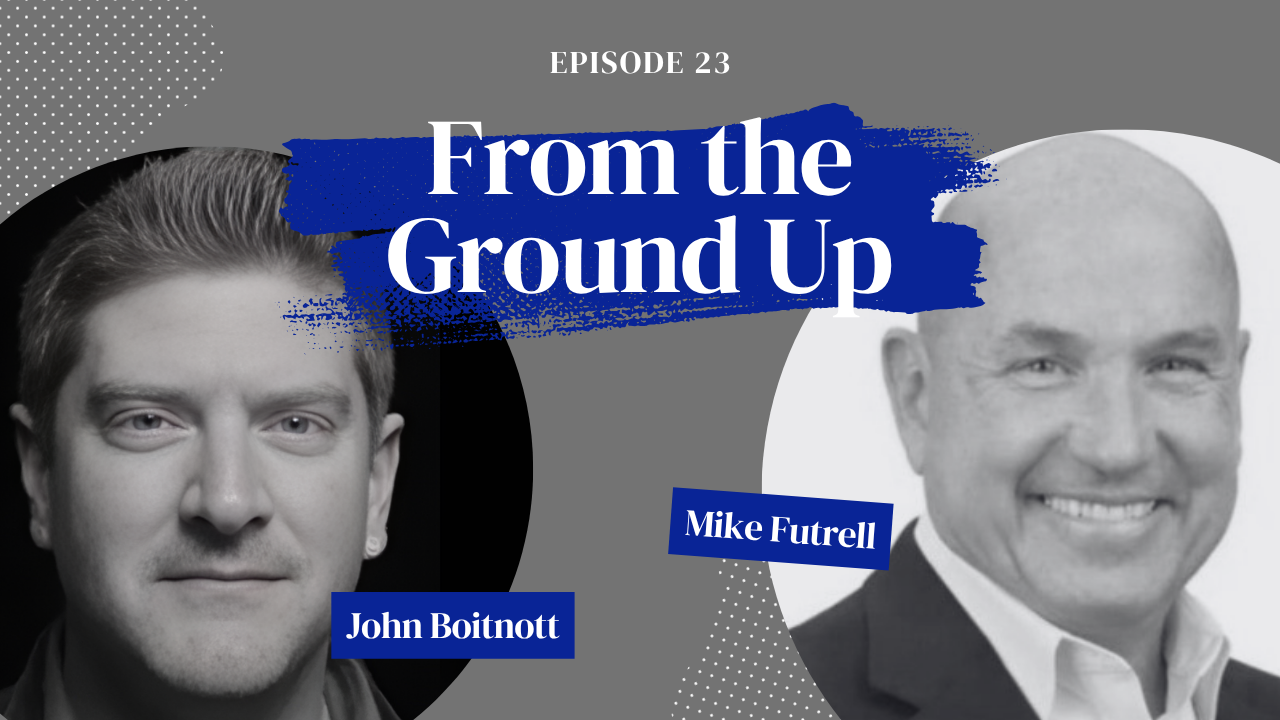When most people think of innovation hubs in California, they picture the glass towers and legacy tech of Silicon Valley. But for Mike Futrell, Riverside might just be the state’s next great chapter in entrepreneurship, green energy, and municipal reinvention. As the city manager of Riverside, California’s 12th largest city, Futrell brings a distinctly entrepreneurial mindset to government, backed by a career that spans submarines, Senate offices, Silicon Valley biotech, and utility management in Hawaii.
It’s a patchwork of experience that makes him uniquely qualified to lead Riverside into its next era. And he’s not interested in slow, bureaucratic evolution. He’s building a city that moves fast, welcomes business, and encourages innovation from the ground up.
A City Manager with a Startup Mentality
Futrell’s résumé doesn’t read like that of a typical government official. He’s been a Navy submarine officer, a corporate lawyer, a utility executive in Honolulu, a two-time elected state legislator in Louisiana, and a city leader in Baton Rouge and South San Francisco. At every stop, he’s brought with him a clear belief: government should think — and act — more like a startup.
In Riverside, that translates into risk-tolerant, pro-growth policies and a push to empower city employees at every level to share ideas and try new approaches. Futrell has made it clear that innovation doesn’t just come from startups — it can emerge from any department, any employee, and any corner of the city, if the culture allows it.
Tech Roots, Agricultural Legacy
Futrell’s time in South San Francisco left a lasting impression. There, he helped grow the world’s largest life science research cluster. In Riverside, he’s fusing that experience with the city’s agricultural legacy, creating a unique ecosystem that blends biotech, green tech, and ag innovation. Riverside is developing as a home for companies focused on next-generation sustainability, where clean energy and food production meet cutting-edge research.
That vision is becoming reality. The city is currently building an agricultural innovation center in partnership with local universities, with initiatives like solar-powered greenhouses that can sustain themselves entirely off the power they generate. Green tech isn’t just a talking point — it’s a pillar of the city’s strategy.
A Green Energy Powerhouse
Under Futrell’s leadership, Riverside has become a focal point for clean energy and sustainable transportation. Home to California Air Resources Board’s largest research center and the world’s largest net-zero energy building, the city is a hub for alternative energy development.
Companies like Voltu are choosing Riverside to build battery-powered heavy-duty vehicles, while Hyundai Rotem will soon begin local production of hydrogen-powered trains. Meanwhile, autonomous electric vehicle manufacturer Omeo has relocated its global headquarters from New Zealand to Riverside, where its shuttles already operate on city streets.
This dual approach, hosting both research and manufacturing, sets Riverside apart. While many cities specialize in one or the other, Riverside is working to house the full lifecycle of innovation.
Real Affordability Meets Opportunity
Unlike California’s coastal metropolises, Riverside offers something entrepreneurs can’t ignore: affordability. By owning its own electric and water utilities, the city maintains the lowest utility rates in the state. Combined with lower housing costs and access to 80,000 college students across four universities and a robust community college, Riverside presents a rare opportunity: build your business in a city that supports you and offers room to grow.
The city also goes beyond simply welcoming startups — it actively recruits them. With a city council enthusiastic about economic development and a network of incubators and seed-funding partners, Riverside is positioning itself as a magnet for green energy, mobility, and tech entrepreneurs.
Investing in the Future
Futrell isn’t only focused on attracting outside talent. One of his biggest initiatives is cultivating Riverside’s own. From aligning local schools and universities with future-facing industries like AI and robotics to championing homegrown entrepreneurship, the emphasis is clear: Riverside’s future should be built by its residents.
Efforts like the city’s Blue Zones initiative, a public health campaign aimed at improving community wellness and longevity, further reflect this forward-thinking ethos. Between expanded bike paths, park investments, and environmental programs, Riverside is engineering a lifestyle conducive not just to growth, but to long-term sustainability.
A New Kind of Leadership
Perhaps most notable about Futrell’s approach is the culture he’s creating inside city government. Rather than burying ideas under layers of red tape, he’s working to build a system where input flows freely, from the top down and the bottom up. That includes convening thousands of employees in citywide workshops and encouraging experimentation without fear of failure. The result is a municipal government that’s more agile, responsive, and innovative than many private companies.
In short, Mike Futrell isn’t just managing Riverside — he’s reimagining what a city can be. His vision blends the energy of a startup, the discipline of public service, and the soul of a community that still remembers its citrus roots while reaching for a greener, smarter tomorrow.
And for entrepreneurs looking for the next big thing in California? Riverside might just be it.
Want more From the Ground Up? Check out more articles or head over to YouTube, Apple, or Spotify to watch the videos.


